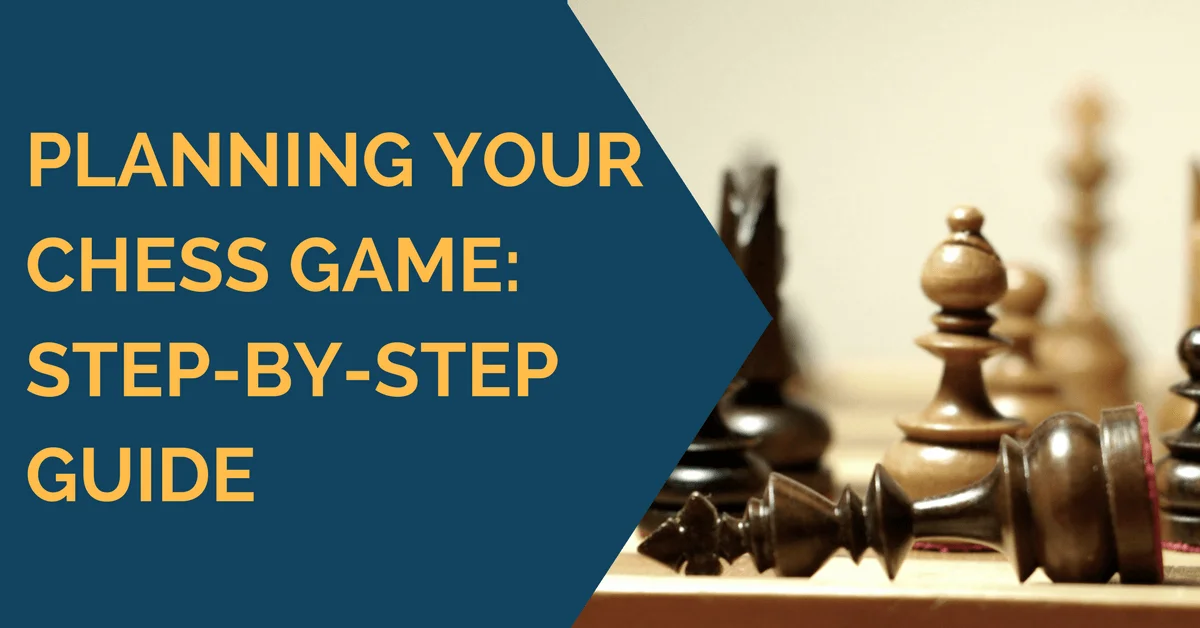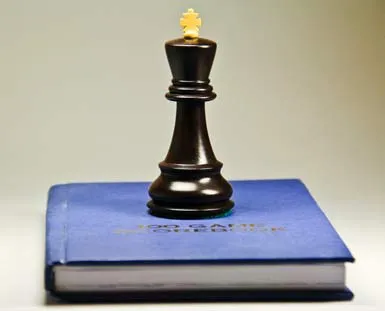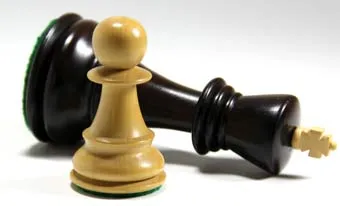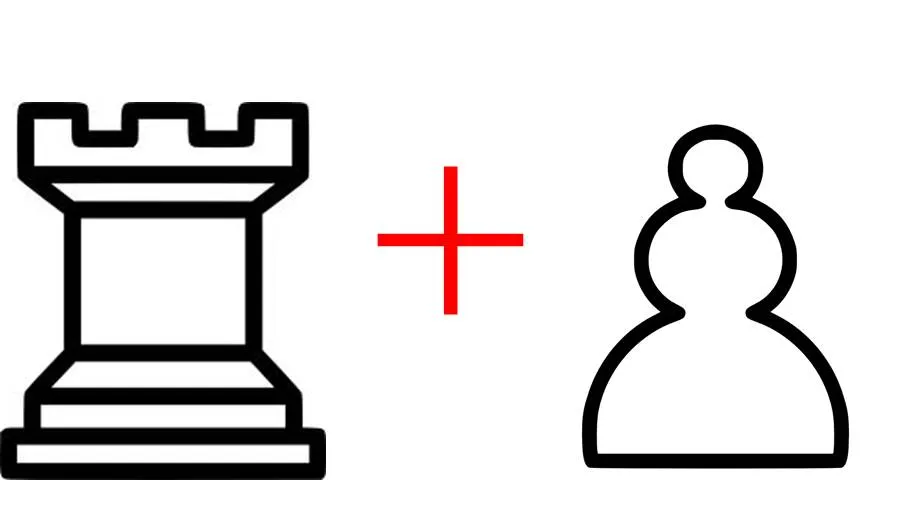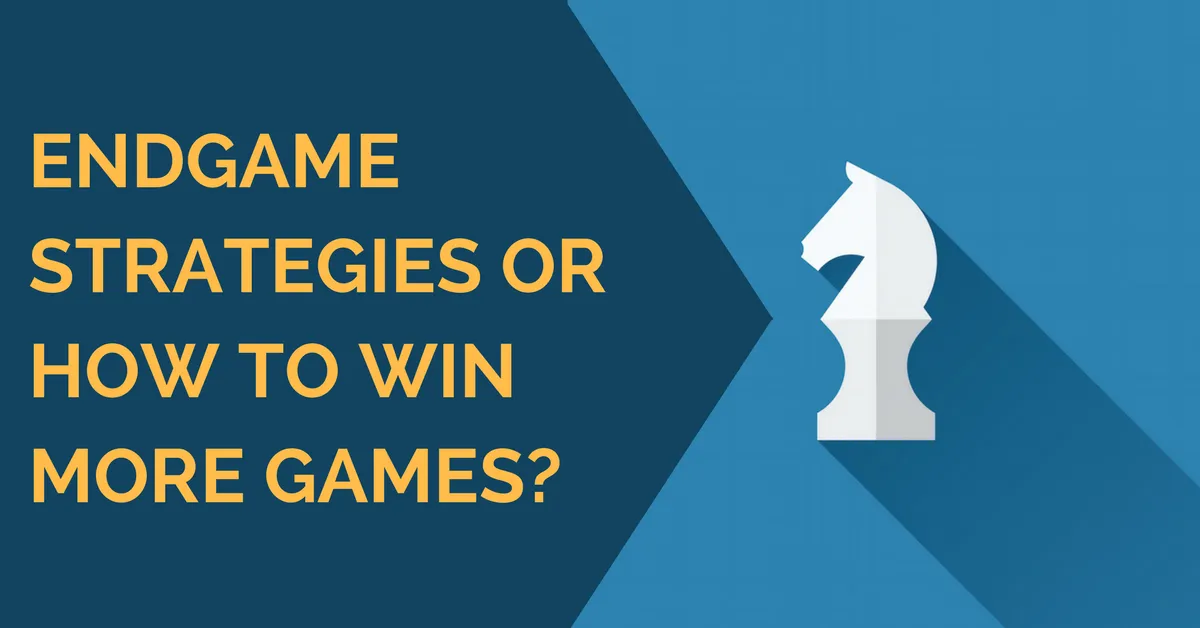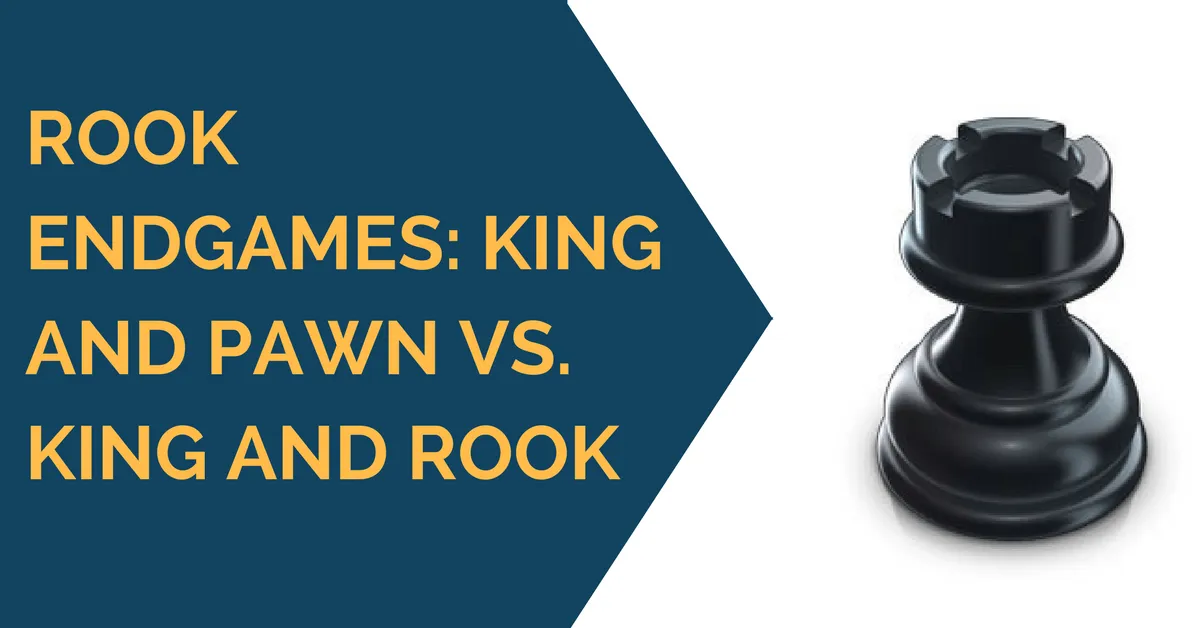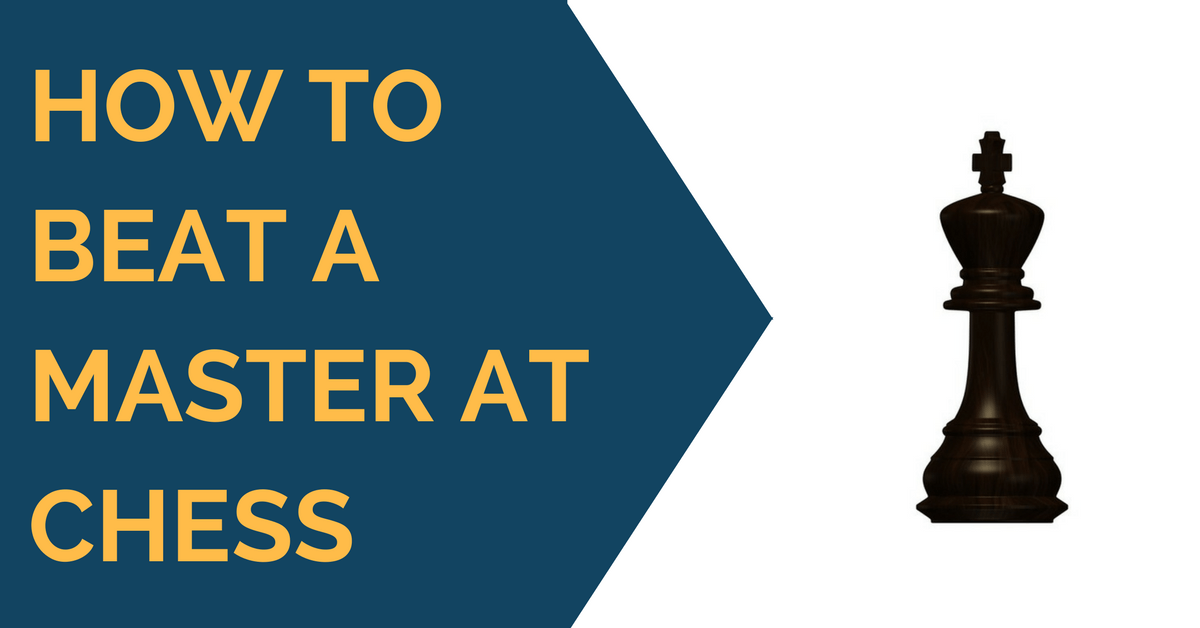Latest Posts - Page 145
Today I will do a review of one of the strongest free chess programs available for android smartphones: Droid Fish. This program does not have any fancy things like a high texture wooden board or special sounds effects like those of Chess Free. However, what DroidFish does and does really well is playing chess. The application is powered by a very powerful Stock Fish engine, which is a derivative of a commercially available all-famous Rybka. It is hard to precisely estimate the playing strength of Droid Fish, but I can certainly say that it’s way stronger than a Master’s.
Today we will talk about the ideas your need to keep in mind in order to be successful while over the board playing chess or even a day or two beforehand. Chess is definitely a sport; it means that even if you are a weaker player you can still win the game if you are ready for this challenge.
The more information you have about the opponent you are paired up against, the better. Maybe you saw him play before, maybe you have played against him yourself, in any case you may have some idea about the openings he plays and his “level of aggressiveness”.
Here is is a simple 3 step guide that will help you to win more chess games.
There are many different chess products available on the market these days. Hundreds of companies produce chess books, chess clocks, chess boards, chess pieces, chess notebooks, chess software, chess computers and just everything about chess.
Do you really need to buy all these things in order to be a successful tournament player?
Which things are must have and which are just luxuries? Keep reading to learn more.
Today we’ll talk about something different rather than Rook Endgames that I was covering lately. If not endgames, than what, you may ask? Right, we are going to talk about openings, which is something opposite to the endgames. Don’t get disappointed yet since I’m not going to cover the openings you know and play on regular basis. Today’s topic is something a little bit different. We’ll talk about the openings you have no clue about. More specifically, we’ll discuss how to play the openings you never saw before and don’t even know they exist.
As you already know the rook endgames are the most common type of endgames occurring in chess. About half of all endgames are rook endings. Today we’ll talk about one very important and common type of endgame: Rook + Pawn vs. Rook.
This is one of the very theoretical endgames. All the variations are well-analyzed and known, that’s why it’s called an elementary endgame. Previously I have covered Endgame Strategies and King + Pawn vs. Rook.
Elementary does not necessarily mean easy, it means with the perfect play it will be a predefined win, draw, or lose. You’ll ask me why you need to know how to play an endgame that is theoretically lost for you. Good question. Since this is only a theoretical loss, it’s only a guaranteed loss in a perfect world, such as when playing against a strong computer program armed with Nalimov’s Tables.
Today I will tell you how to win more chess games. Yes, it’s that simple, after reading today’s article you will have a pretty good picture in your head and will be able to fix something that you doing wrong in order to win or at least not to lose games.
The topic of today’s discussion is again: endgames. Are you excited? Well, you should be since you are the one who will play better after today and win games.
I have written many articles about endgames such as how to improve your endgame play, how to checkmate with a Knight and Bishop, Two Bishops or play Rook Endgames. This time the topic of our interest is very broad and will explain endgame strategies that can be applied to any type of endgames.
Chess is a kind of game that even Kings themselves played in the past. It is a common knowledge that Indian Shahs ended their territorial wars due to the invention of chess. They were able to decide their disputes by the brain power translated into pieces’ moves on the chess board rather than by pointless wars. Even though the rules of the game and chess soldiers were a little different from ones used in the modern game the ultimate goal stayed unchanged for thousands of years: to checkmate the enemy’s King. Obviously the Shahs and Kings played on very expensive boards made out of gold and silver and crafted with diamonds and other precious stones.
Rook endgames are the most common type of endgames there is in the game of chess. These endgames take place in about 50% of all games. If you are a tournament chess player and wish to improve your results in the future, the rook endgame is something to look at more deeply. Rook endgames are not something that can be played intuitively; there are many positions where you need to make ‘strange looking’ or ‘counter-intuitive moves’ to win or draw the game.
A lot of players ask how to make good decisions at chess. It seems to be an easy question to answer but, actually it isn’t. What is very obvious for one player may be very subtle for the other one.
One chess player asked me recently how do I look at the board and how do I deal with threats? What do I do when I’m under attack? Is there a systematic approach dealing with all these things? These are actually very deep and fundamental questions which may or may not have a single right answer.
I have written many articles on the topics of improvement at chess, becoming a better chess player and beating a stronger opponent at chess. Throughout that time I was getting mostly positive responses from the readers. Some agreed with the ideas I presented, some were pretty skeptical at first but then tend to share my thoughts, some completely disagreed (not many, but I cannot completely ignore this category as well).
Regardless of the category you belong to, you may ask does the methods and ideas recommended throughout this website work at all? Am I going to become a stronger chess player if I follow your guidelines? And you’re right, you should be critical and question the information you’re being exposed to.
In today’s article I will show and analyze one of my recent “officially rated” chess games that I played against a National Master (FIDE ~ 2250) and managed to win it using techniques I advocate.


